Thinking about dipping your toes into the world of investing but feeling overwhelmed by the jargon? Don’t worry—you’re not alone! At Investling, we’re all about making investing simple and approachable. Let’s break down some basic concepts—asset, depot, stock, broker, index funds, and ETFs—so you can start your journey with confidence.

1. Asset: The Building Blocks of Wealth
An asset is anything you own that has value and could make you money over time. Think of it like a Lego brick in your financial castle. Examples include cash, a house, or even a rare baseball card. In investing, assets are things like stocks or funds that you buy hoping they’ll grow in value or pay you back—like planting a seed for future rewards.
2. Depot: Your Investment Storage Box
A depot (short for "depository" or "portfolio" in some regions) is like a virtual backpack where you keep your investments. It’s not a physical place but an account where your assets—like stocks or funds—are stored. When you sign up with a platform like Robinhood, you’re essentially opening a depot to hold and manage whatever you invest in.
3. Stock: Owning a Piece of the Action
A stock is a tiny slice of a company you can buy. Imagine owning a fraction of Apple or Tesla—it’s like being a mini-shareholder! If the company does well, your stock might go up in value, and you could sell it for a profit or even get paid dividends (a share of the profits). Stocks are exciting but can be risky, so it’s smart to learn the ropes first.
4. Broker: Your Investment Middleman
A broker is the person or platform that helps you buy and sell investments. Think of them as a friendly guide at a marketplace—they connect you to the stocks or funds you want. Some brokers are human, but today, most are online platforms like Interactivebrokers that make trading easy and affordable for beginners.
5. Index Funds: The Easy Diversification Hack
An index fund is like a pre-made basket of stocks that tracks a specific market, like the S&P 500 (the 500 biggest U.S. companies). Instead of picking individual stocks, you invest in the whole basket. It’s a low-stress way to spread your money across many companies, reducing risk. Think of it as betting on the economy as a whole rather than one player.
6. ETF: The Flexible All-Star
An ETF (Exchange-Traded Fund) is similar to an index fund but with a twist—it trades like a stock on an exchange. This means you can buy or sell it anytime the market’s open. ETFs often track indexes (like the S&P 500) but can also focus on specific sectors, like tech or green energy. They’re affordable, flexible, and perfect for beginners looking to diversify.
Why Start Now?
Investing might sound complicated, but it’s really about making your money work for you. Whether you’re stashing assets in a depot, buying stocks through a broker, or exploring index funds and ETFs, the key is to start small and learn as you go. At Investling.org, we’re here to guide you every step of the way with tools, tips, and beginner-friendly resources.

